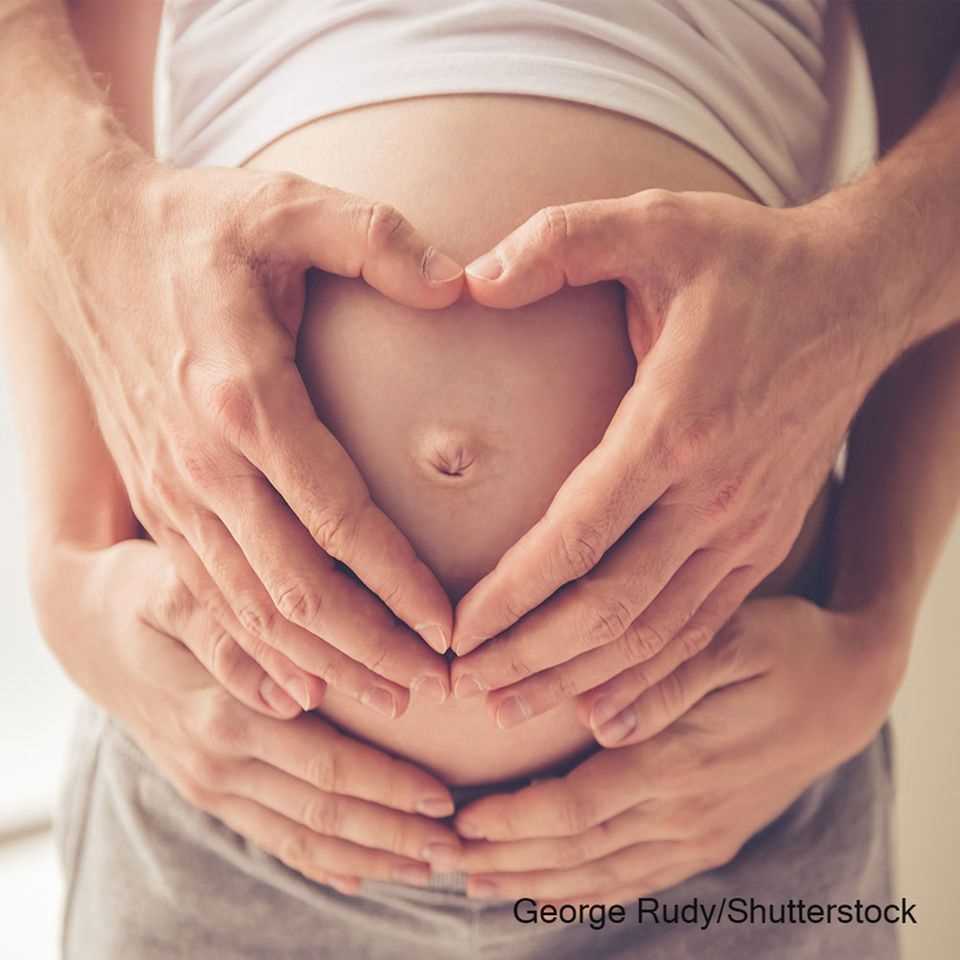Set limits
This is why you shouldn’t teach your children to hug people
© Zoran Zeremski / Shutterstock
“Hug ‘grandma and grandpa, they are so happy!” In a jerk, this sentence comes from our lips – without reflecting on what we are actually saying. You can read here why you are doing more harm to your child than you think.
Clearly, most parents don’t feel uncomfortable asking their children to hug grandma and grandpa when they come to visit – after all, grandparents like the children and vice versa. Incidentally, this also applies to other family members or good friends. But what exactly is so problematic about that?
Development of body awareness
As a parent, constantly trying to teach your child to hug others – especially adults – can damage their body awareness and self-determination. Instead of embracing of their own free will and affection, your child is more likely to learn that a hug is part and parcel of good manners. It shows how well brought up the child is – and not whether they want to or not.
The American child psychiatrist Dr. Lea Lis explains this to the online magazine “PureWow” as follows: “Children should be allowed to develop physical self-determination.” What does that mean in concrete terms? Children should be able to decide for themselves whether, when and whom to hug or let themselves be hugged – from the very beginning at a young age. It also helps them later as teenagers to be in control of their bodies and to be confident enough to say “no”.
But if your child likes to hug other people without asking them to do so, that’s different. Just pay attention to what signals you are perceiving. Some children need some time to thaw (yes, sometimes with family members too), while others have no fear of contact and cuddle everyone once.
Act self-determined
In the worst case, the compulsion to hug someone against your own wishes can escalate into aversion to physical affection or even a social phobia, explains Dr. Siggie Cohen, child development psychologist, the online magazine “PureWow”. Children first have to learn to decide for themselves whether they like body contact in the form of a hug. Your child should feel comfortable hugging someone and be able to make this decision themselves. “This decision is closely related to innate personality, sociability and personal preference. These factors develop and change over time as the child grows … ”continues Cohen. This is the only way your child can feel where his or her limit lies, when it wants to open up and when it wants to say “no”.
In pandemic times, the subject of hugs is a very sensitive one anyway. But apart from Corona, it is important to convey to children that they can decide for themselves when they hug.
You can try that out instead
What a dilemma! After all, you don’t want to hurt the feelings of your grandparents, friends or others – but it is still important to let your child decide for themselves. It doesn’t have to mean that family members or friends have to ask permission to hug your child. The following suggestions may help a little to design the next greeting differently:
– Try a high five or a handshake as a greeting
– A warm “hello” is actually enough
– Nice gesture: Take off the jackets of the guests or show them in already (demonstrates the joy of visiting even without physical contact)
Stand up for your child when relatives or friends demand physical attention: “No, XY doesn’t want to hug you now and that’s okay too.” Or “XY needs a little more time to get used to you. She / he will come up to you when she / he is ready. ”Also signal to your child that you support them and that they can trust you when they themselves set limits in relation to physical interaction with others. In this way you give him or her the necessary space to decide for themselves whether and when he or she wants to show affection. Communicating this certainly takes a little practice, but it pays off in the long run. It is important to use a calm and polite tone so that no one feels tripped – and it is much more encouraged to reflect on whether a hug is always necessary.
Source used: “Stop Telling Your Kids to Hug People, Say Experts”, published online at purewow.com

